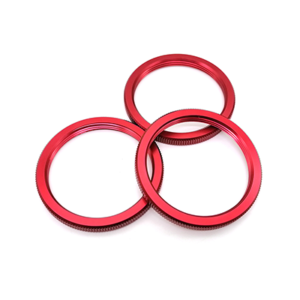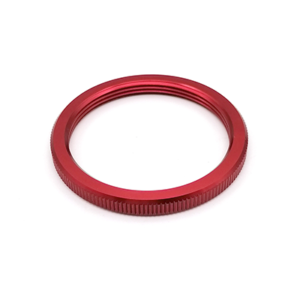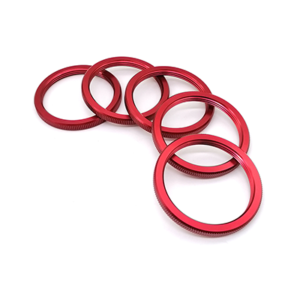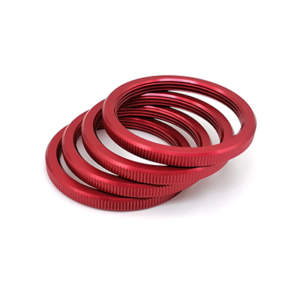Knurled nuts are fasteners commonly used in various industries, including electronics, automotive, aerospace, and machinery, where secure, hand-tightened fastening is required. These nuts feature a knurled, textured surface, which provides extra grip and allows users to tighten or loosen them without tools. They are ideal for applications where frequent adjustments or manual assembly and disassembly are necessary, such as in control panels, instruments, mechanical fixtures, and electronic enclosures. Knurled nuts are also used in applications where vibration resistance is important, as their textured surface provides a more secure fit.
The primary advantages of knurled nuts include their enhanced grip, which allows for easy hand-tightening without slipping, especially in tight spaces or when tools are not available. The knurled surface provides better torque control, making these nuts ideal for applications requiring quick adjustments. Their simple design also reduces the risk of over-tightening, protecting both the nut and the component it secures. Additionally, knurled nuts are available in a variety of materials, such as stainless steel, brass, and aluminum, offering flexibility for different applications in terms of corrosion resistance, strength, and weight.
The manufacturing process of knurled nuts begins with selecting the appropriate material based on the application’s needs. The material is cut into blanks, which are then shaped into nuts using CNC machines or lathes. The knurled surface is formed by pressing or rolling a patterned die against the outer surface of the nut, creating a distinctive textured grip. The internal threads are cut or rolled to precise specifications, ensuring a secure fit with the corresponding bolt or screw. Depending on the application, the nuts may undergo heat treatment to enhance strength or surface finishing processes like plating, anodizing, or polishing for improved corrosion resistance and appearance.



















